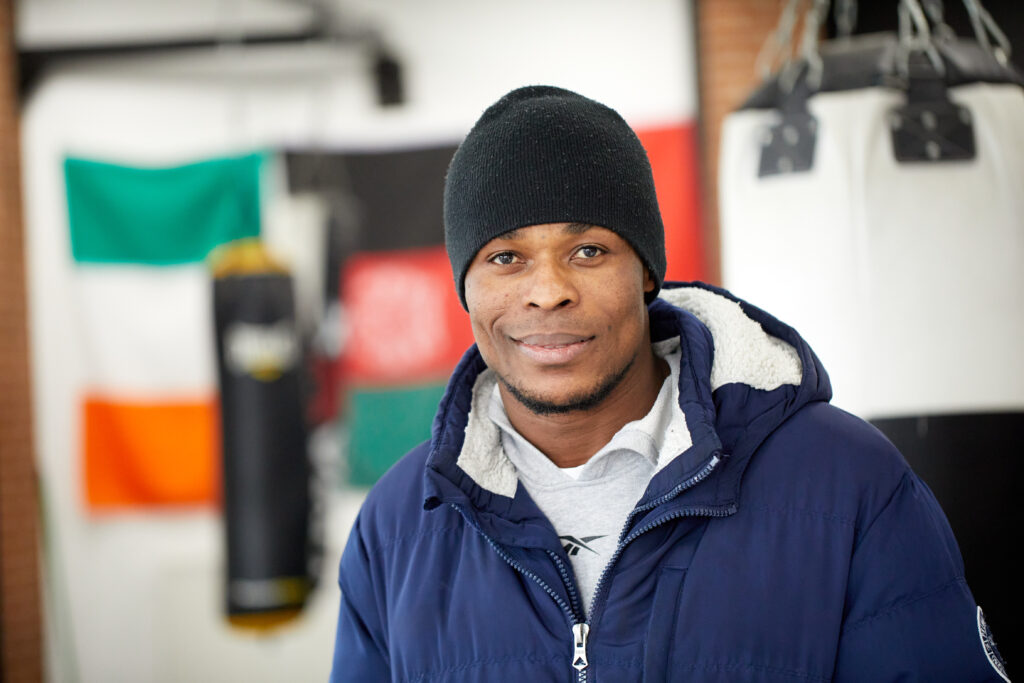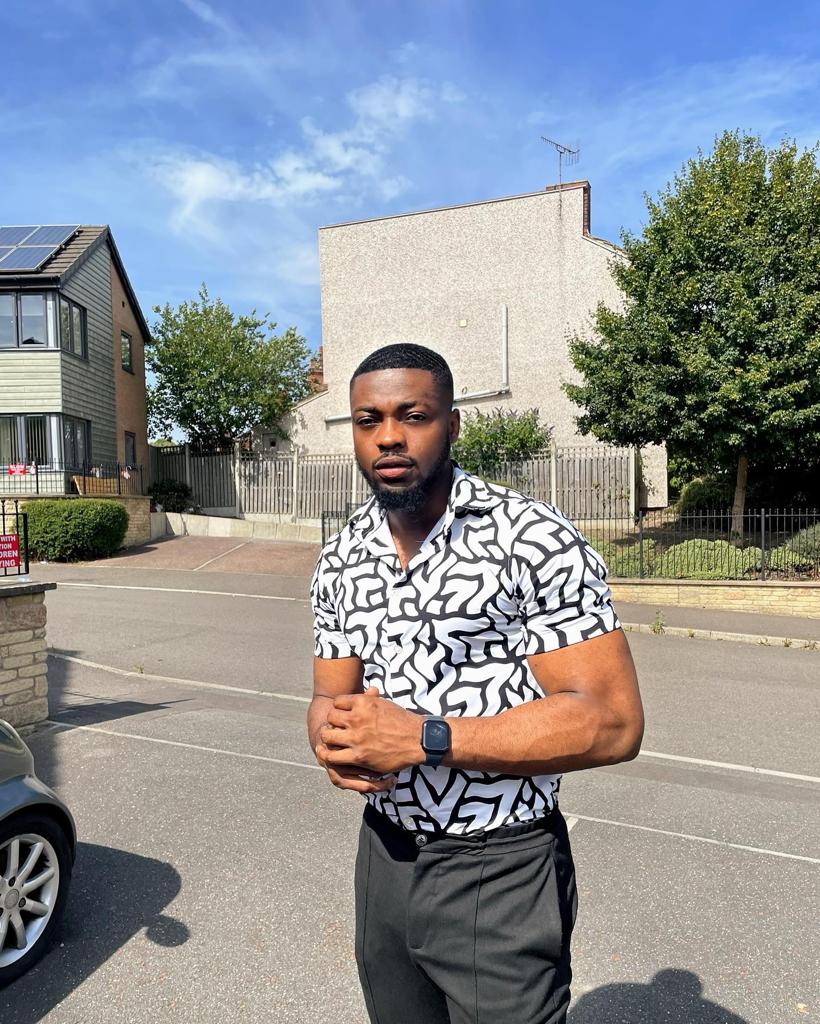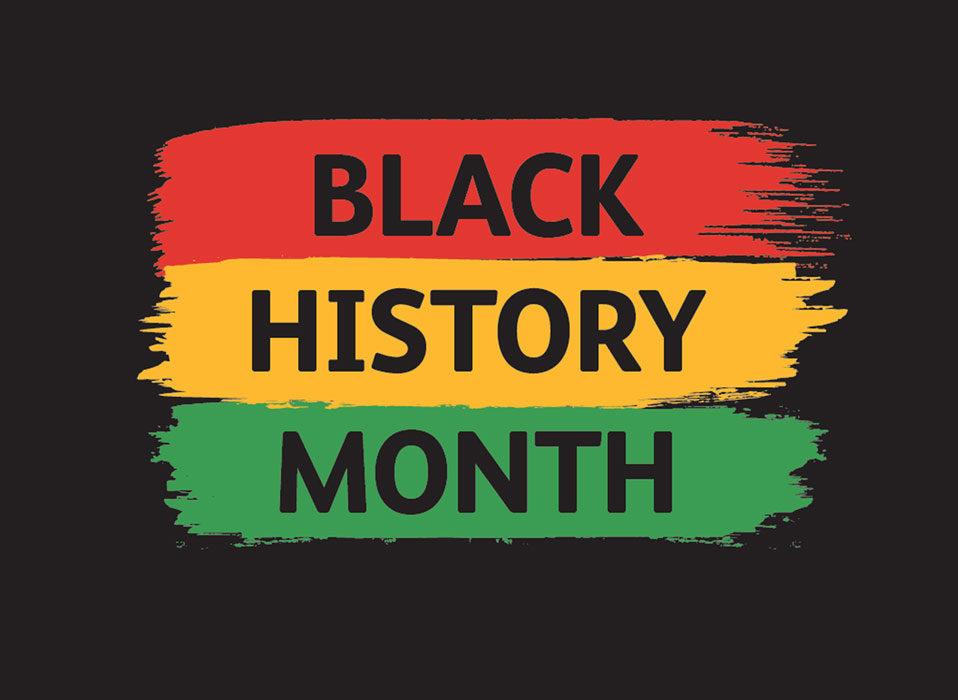Passing on a powerful culture
Earlier this year, we learned about Dieumerci’s passion for boxing and the profound impact sport had on his life as a disabled man. His brother, Aristote, played a big role in this journey; they both share a love of exercise, family and their Congolese heritage. As Black History Month approached, Aristote told us more.
I’m Dieumerci’s younger brother. We were both born in Congo, but he was there a bit longer than me and had time there before his brain damage. Dieumerci knows a lot about the food and lifestyle of Congo, he’s very connected to it.

We grew up in the capital, so it was a hodgepodge of cultures – different music and people. There’s a lot of family celebrations in Congo and we’d go to the church often, that’s like the heart of our community. We still have that now, in the UK. No matter where we are or what we’re doing, we always remember these days and keep practicing our culture.
Dieumerci knows a lot about the food to grow and the cooking side of things. He gardens, picking up seeds for plants we had back in Congo. Sense did some gardening with him too; I think he ran out of space at home! Our grandmother was good at all that, she had a farm with vegetables and mango trees, and Dieumerci shares her passion for it. Me, not so much – so, you know, good for him!
A different side of history
A few years ago, I came to our Sense centre to talk about how much they’ve helped Dieumerci. Growing up with complex needs, he used to be so anxious, he wouldn’t even cross a road. But the more he was going out with support from Sense, the less worried he was and the more things he was able to do. Like now – right now – he’s out of the house and has taken a bus by himself into town. Such a big change.
We also spoke about Black History Month. It’s something I only really learned about when I came here. In the Congo, we didn’t talk about black history and culture because it was just there with us. Coming here, being away from the culture, that’s when I started to think about it and research it more. I’m black and so I felt like I should be aware of these things because they won’t be taught to me. We learn a different side of history here.

Congo has a powerful culture; our mothers, our grandmothers, they tell us about it as they’ve been told by generations before them. We know it’s something to celebrate and we want Olivia, my little niece, to have the opportunity to celebrate it too – obviously, no pressure if she’s not interested. But at least we can make sure it’s always there for her if she is.
Our strength
Family means a lot in our culture. We go out and celebrate with friends over Christmas and New Years, but the end of the night it’s always back together as a family – all family too, aunties, cousins.
Our family is a source of strength for sure. A lot of times, we lean on our religion when there are challenges. Our faith gets us through, but so does our community. We share stories and help each other.
It’s important to us all to know these things and practice our culture to keep it going. These are some of the first experiences we had, so we want the next generation to have them too. For Olivia, she’s born here but it’s still in her – we want her to know that she came from where we came from and what that means.

Find out more about Black History Month at Sense.
